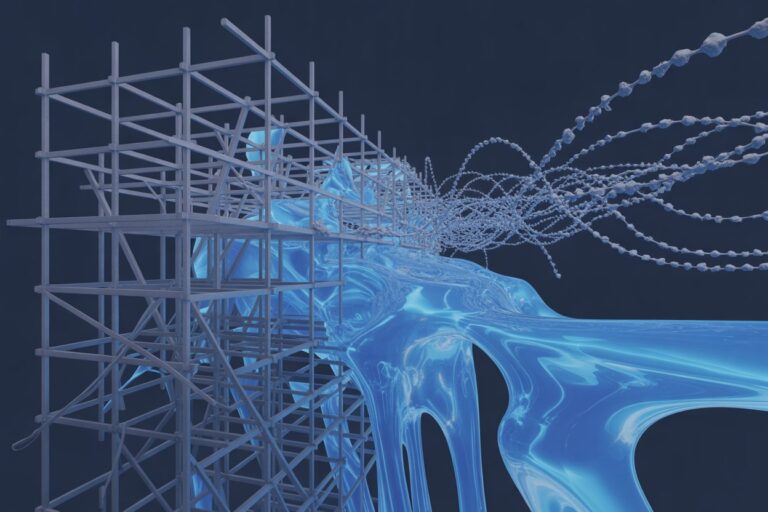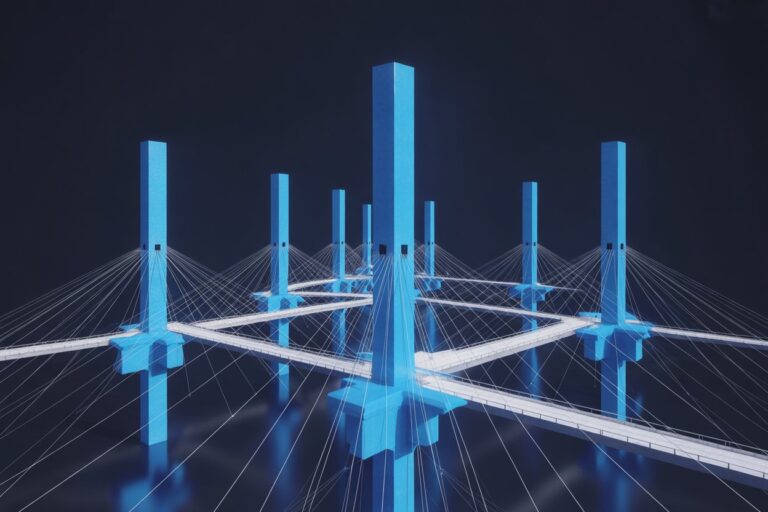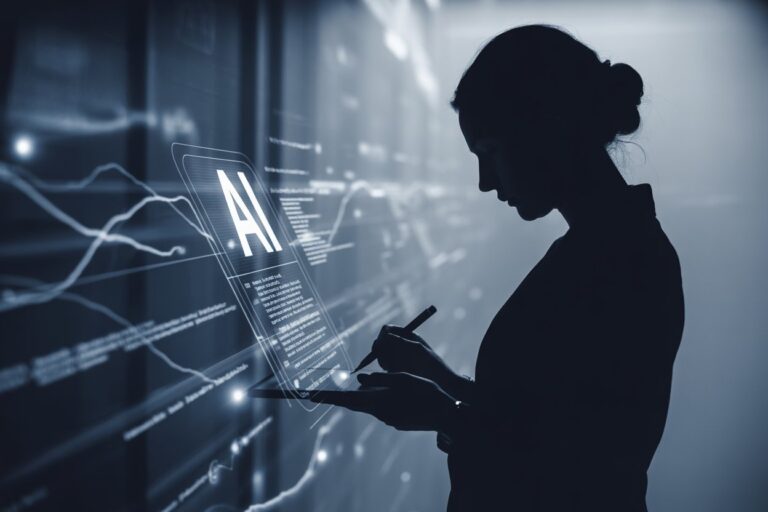Research Suggests Legal AI’s Efficiency Gains Undermined by Verification Costs
A new academic study warns that generative AI’s promise to make law faster and cheaper may collapse under the very rule that defines legal practice: the duty to verify. The paper, “The Verification-Value Paradox: A Normative Critique of Gen AI in Legal Practice” by University of Auckland scholar Joshua Yuvaraj, argues that every minute saved by AI may be erased by the time it takes lawyers to check its work.
The Efficiency Mirage in Legal AI
Accepted for publication in the Monash University Law Review, Yuvaraj’s study dissects what he calls the verification-value paradox: as AI tools become more capable, lawyers’ professional obligation to confirm their accuracy grows even stronger. The paper’s central equation is simple: net value equals efficiency gains minus verification costs. Its conclusion is stark: in most core legal work, those costs cancel the benefits.
Yuvaraj, a Senior Lecturer in Law at the University of Auckland and Co-Director of the New Zealand Centre for Intellectual Property, identifies two structural flaws in large language models that make this outcome unavoidable. The first is a reality flaw: generative AI systems are probabilistic, not factual, and can produce hallucinated citations or reasoning. The second is a transparency flaw: their internal logic cannot be audited or explained in a way that satisfies legal standards. Together, these flaws mean that lawyers must verify every AI-assisted ouptut as if it were written by an untrusted intern with unlimited confidence.
Verification as an Ethical Imperative
Bar rules worldwide hold honesty and integrity as the profession’s first obligations. That means a lawyer cannot simply trust an algorithm’s result, even if it looks right. The study notes that courts in multiple jurisdictions have disciplined lawyers for filing hallucinated AI-generated citations, from New York’s Mata v. Avianca to recent sanctions in Australia and South Africa. Yuvaraj argues that even small hallucination rates pose unacceptable risks in legal work where accuracy is paramount.
Verification extends beyond confirming a case’s existence. Lawyers must ensure that every cited authority is accurate, still valid, and relevant to the facts at hand. That human layer of review, now mandated in judicial guidelines across multiple jurisdictions, represents the hidden cost that offsets any productivity gain from automation. Courts in New Zealand issued guidelines in December 2023 requiring lawyers to verify all AI-generated citations before use in proceedings. Australian courts followed with similar practice notes throughout 2024 and 2025. Yuvaraj concludes that efficiency claims become illusory when verification costs are factored in.
Why AI Efficiency Claims Don’t Add Up
The study challenges the prevailing belief that legal AI’s risks can be managed through better training data or tighter oversight. Even systems marketed as lawyer-grade inherit the same structural flaws as public models like ChatGPT and Gemini. Hallucination rates remain measurable even in specialized legal tools: a Stanford University study cited in legal AI research found that legal AI tools still produced hallucinations between 17 and 33 percent of the time, despite using retrieval-augmented generation and other advanced techniques. These figures, Yuvaraj argues, show that the technology cannot be made safe by data hygiene alone.
The paradox also reframes efficiency metrics in law firms. Low-stakes uses such as drafting internal memos, summarizing meetings, or generating email templates may yield modest time savings. But for substantive work like pleadings, affidavits, or client advice, the required verification overwhelms those gains. In effect, the more central AI becomes to legal production, the less net value it provides.
Implications for Legal Education
Yuvaraj extends the paradox to law schools, warning against curricula that prioritize AI literacy over ethical reasoning. He calls instead for a truth-based pedagogy that trains students to recognize when automation undermines professional judgment. The paper argues that the widespread use of AI does not justify its uncritical adoption in legal education. Rather than teaching students how to use AI effectively, law schools should help them understand verification duties and the limits of AI systems, which will better prepare graduates for real-world accountability.
He also urges renewed focus on civic responsibility: lawyers, as officers of the court, hold public trust comparable to that of doctors and notaries. Unverified AI use, he warns, jeopardizes not just individual cases but faith in the justice system itself. The study emphasizes that lawyers exist to serve the administration of justice and their clients, and that maintaining this trust requires unwavering fidelity to truth.
The Broader Lesson
The verification-value paradox offers a sobering counterpoint to the tech industry’s optimism. Rather than heralding a new era of efficiency, generative AI may simply redistribute labor, moving it from drafting to double-checking. For a profession built on precision and accountability, that shift may feel less like innovation and more like déjà vu. The study’s normative message is clear: until AI can tell the truth and show its work, human verification will remain the most expensive part of automation.
This article was prepared for educational and informational purposes only. It does not constitute legal advice and should not be relied upon as such. All study data are publicly available through arXiv.org. See the full PDF study here. Readers should consult professional counsel for specific questions regarding AI use in legal practice.
See also: When Legal AI Gets It Wrong, Who Pays the Price?

Jon Dykstra, LL.B., MBA, is a legal AI strategist and founder of Jurvantis.ai. He is a former practicing attorney who specializes in researching and writing about AI in law and its implementation for law firms. He helps lawyers navigate the rapid evolution of artificial intelligence in legal practice through essays, tool evaluation, strategic consulting, and full-scale A-to-Z custom implementation.







